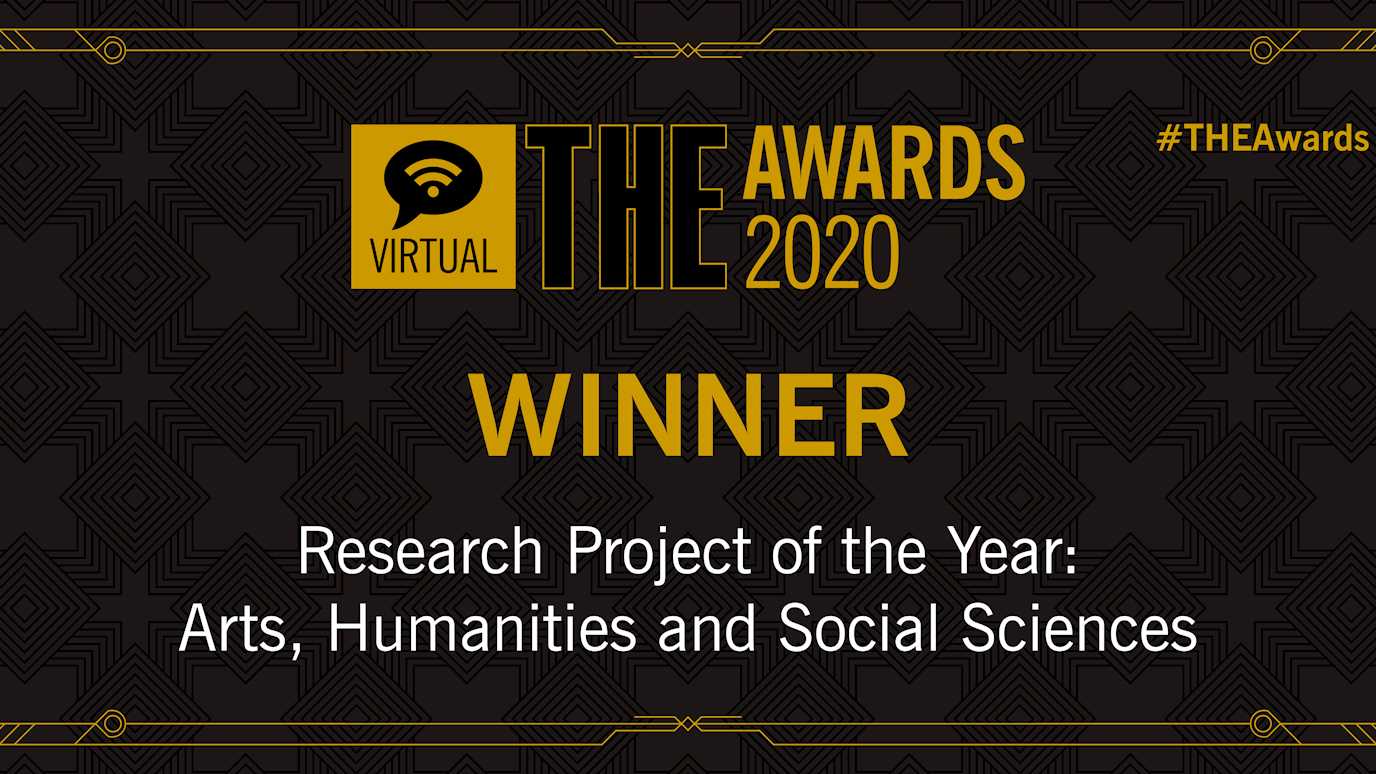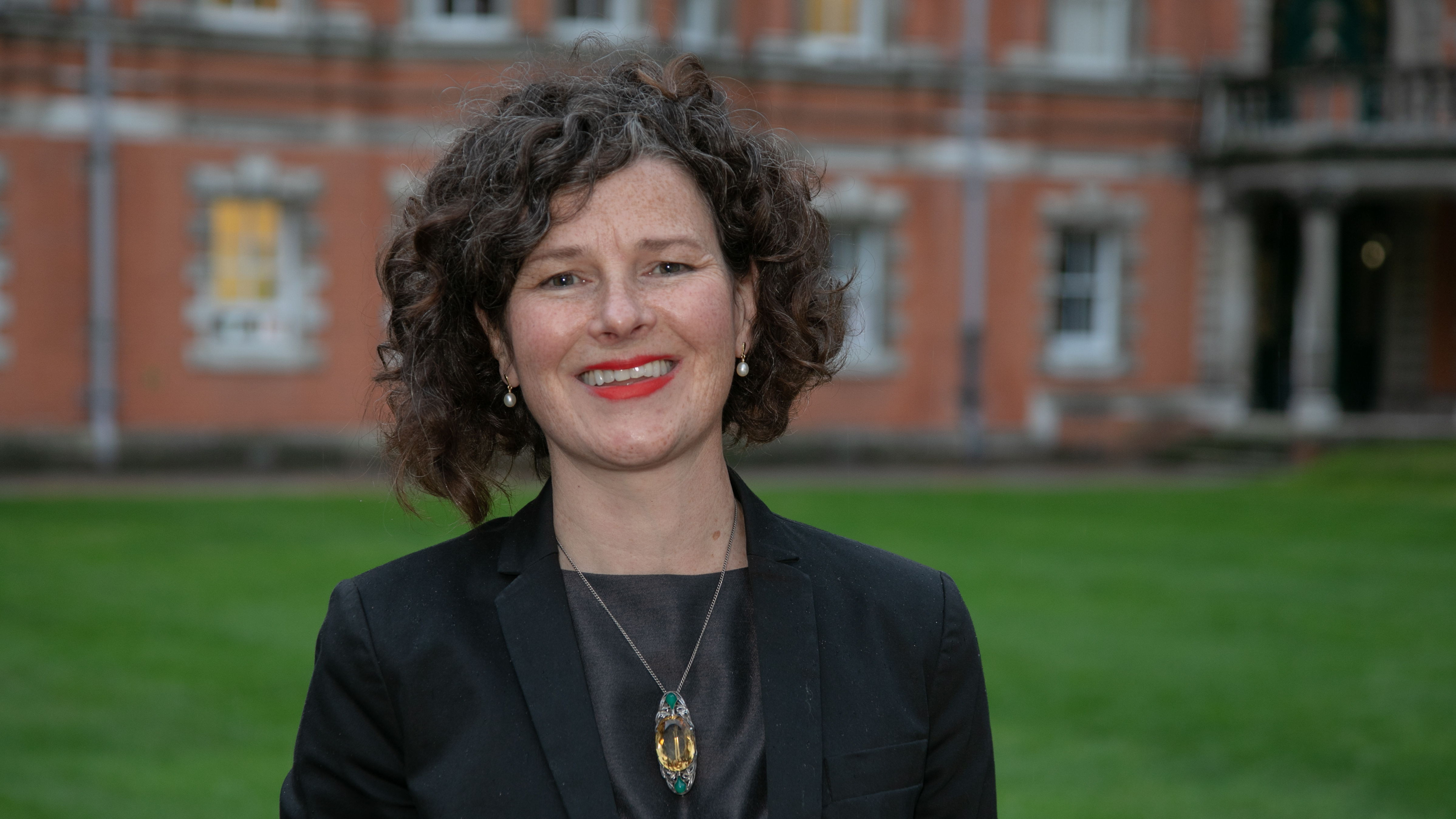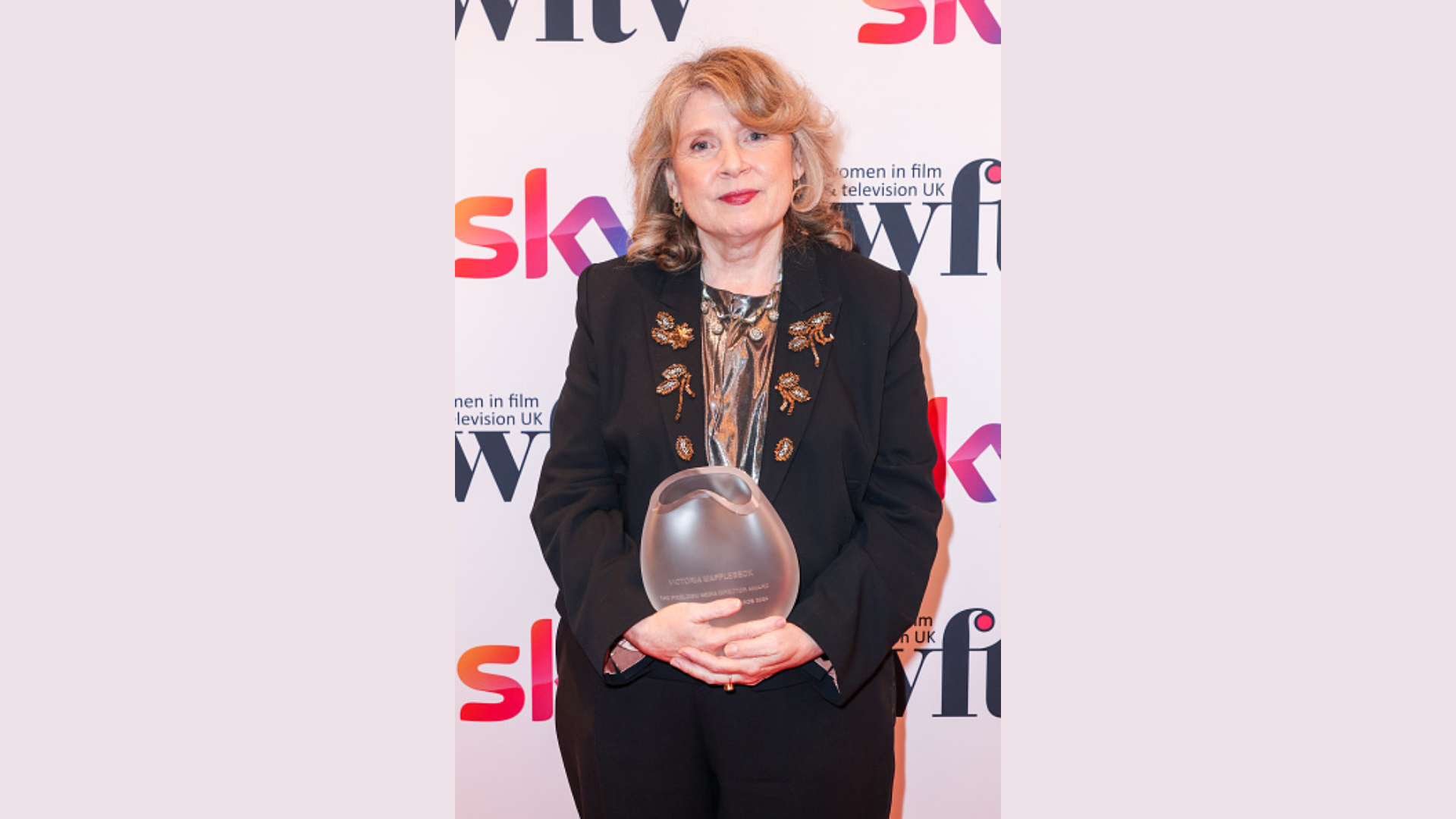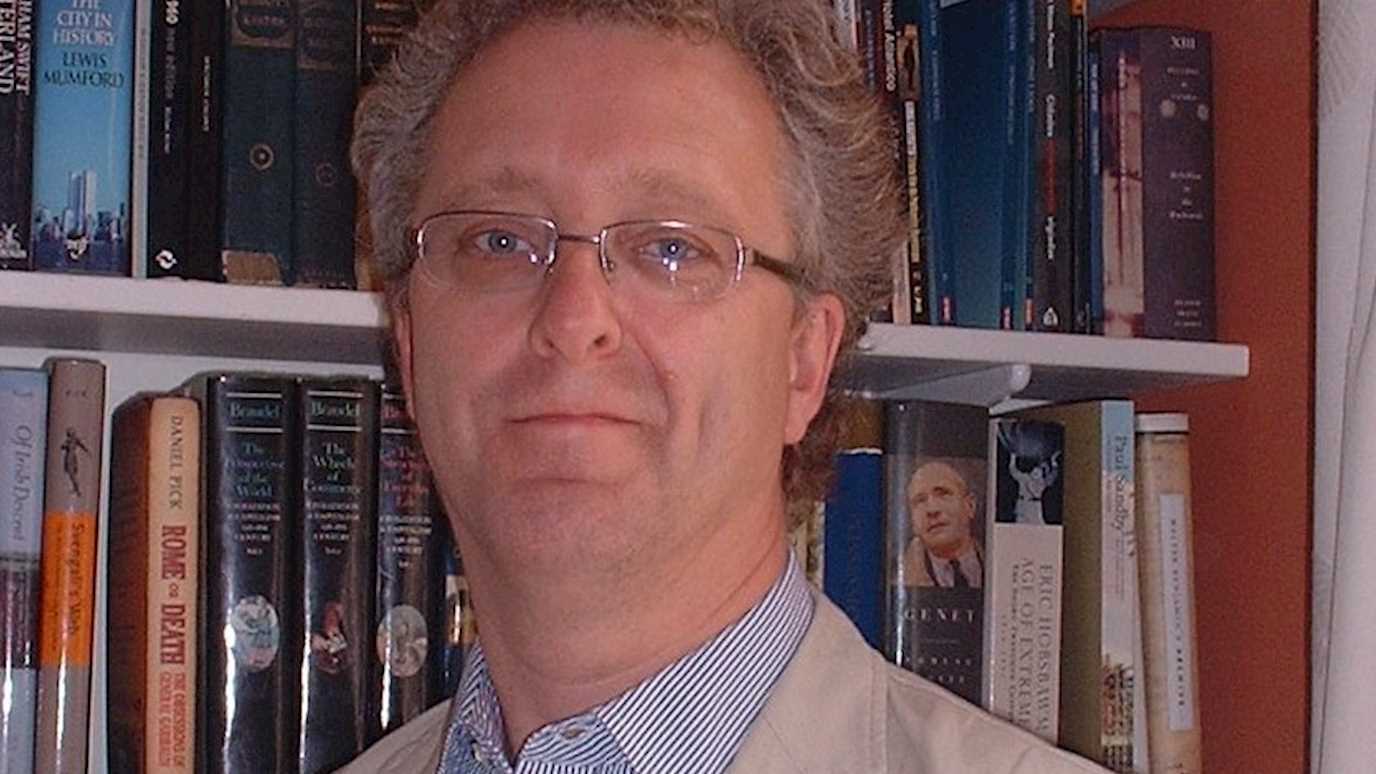Two of Royal Holloway’s academics have won a prestigious award for their incredible research into modern slavery and climate change in Cambodia.

Professor Katherine Brickell and Dr Laurie Parsons, both from the Department of Geography, won The Times Higher (THE) Award in the Research Project of the Year: Arts, Humanities & Social Sciences category for their Blood Bricks project.
THE Awards – widely referred to as the ‘Oscars of higher education’ – are the biggest celebration in the UK higher education calendar, attracting hundreds of entries from individuals, teams and institutions from all corners of the country. 2020’s ceremony was of course virtual, but still over a thousand people logged in to hear this year’s winners announced.
Cambodia is in the midst of a construction boom that is pushing its capital, Phnom Penh, upwards. Yet such economic progress has been deeply reliant on tens of thousands of adults and children trapped in debt bondage – one of today’s most prevalent forms of slavery – and compelled to mould and fire clay for building materials in extremely hazardous conditions.
For the Blood Bricks project, Professor Katherine Brickell and Dr Laurie Parsons, put together a team of British and Cambodian researchers who revealed for the first time how climate change is a key driver of this modern form of slavery.
Families are forced to leave their rural homes to live near and work in brick kilns to repay the loans, which they were forced to seek because climate change has adversely affected their crops. These interconnected challenges can be addressed effectively only alongside each other.
Royal Holloway’s research led to a graphic report and a photographic exhibition at London’s Building Centre, which attracted international media attention. The work also prompted a number of other interventions designed to call attention to abuses and to improve conditions on the ground.
Professor Katherine Brickell said about the award: “We are grateful for the THE Award recognising the Blood Bricks research project.
“There are 10,000 brick workers in Cambodia who remain debt-bonded and continue to work under dangerous and exploitative labour conditions, with many millions more doing so globally.
“We intend to use this award to raise the profile of ongoing legal work we are involved in. It aims to hold global corporations to account for profiting from this system of debt bondage.”
Professor Paul Layzell, Principal at Royal Holloway, University of London, said: “I would like to congratulate Professor Katherine Brickell and Dr Laurie Parsons for winning a THE Award for their remarkable research into modern slavery and climate change in Cambodia.
“Their research brought the plight of so many people trapped into modern slavery to the forefront of the world news, which in turn created such an impact that working conditions were improved for brick workers in Cambodia, amongst other achievements. This was due to our academics giving private briefings to Swedish, US, and Cambodian governments, as well as the United Nations Development Programme (UNDP) and the UN Special Rapporteur on modern slavery.
“This is such an incredible accomplishment, and just shows how important and life changing the work of our academics can have on the world.”
The judges were ‘overwhelmingly impressed’ by the Blood Bricks project as ‘a commendable example of skilled, interventionist research’ that told ‘clearly and effectively’ the ‘sobering stories’ of those trapped in debt bondage.
It had also “found excellent ways of publicising its findings and means by which to draw political attention to them, including high-profile transnational media reporting and governmental briefings. Its impacts include pending legal action in the United Nations, and material made available locally for wage negotiations, legislative change and action on child labour.”
Read more information about the Blood Bricks project and THE Awards.
























